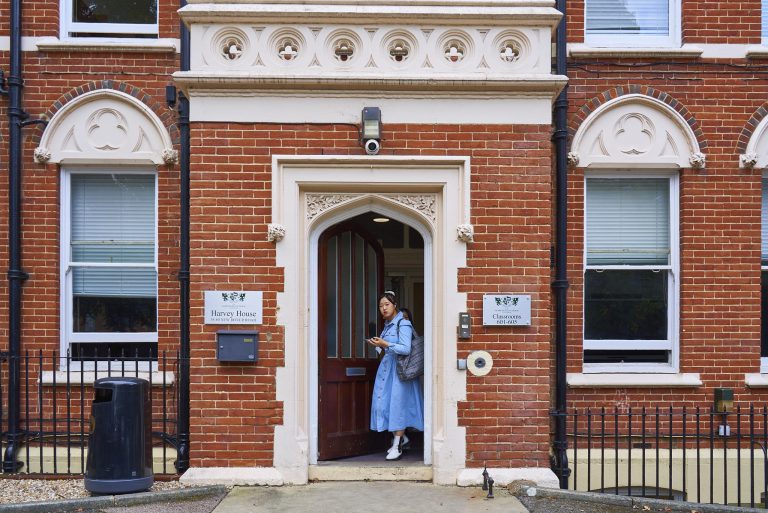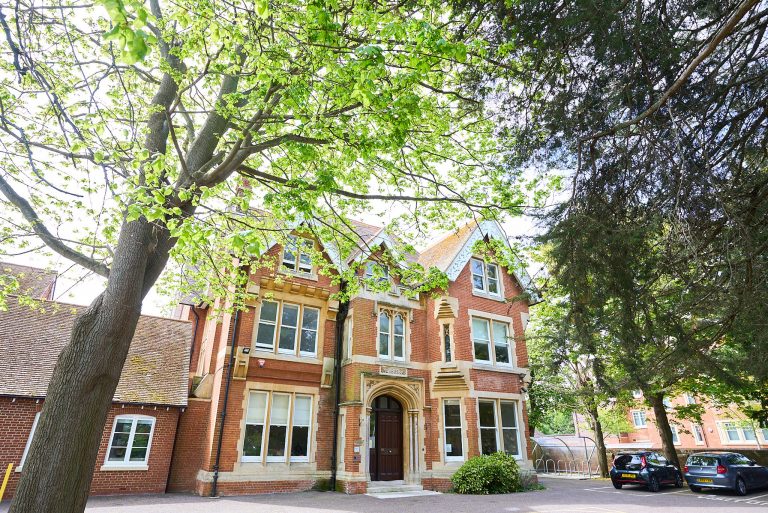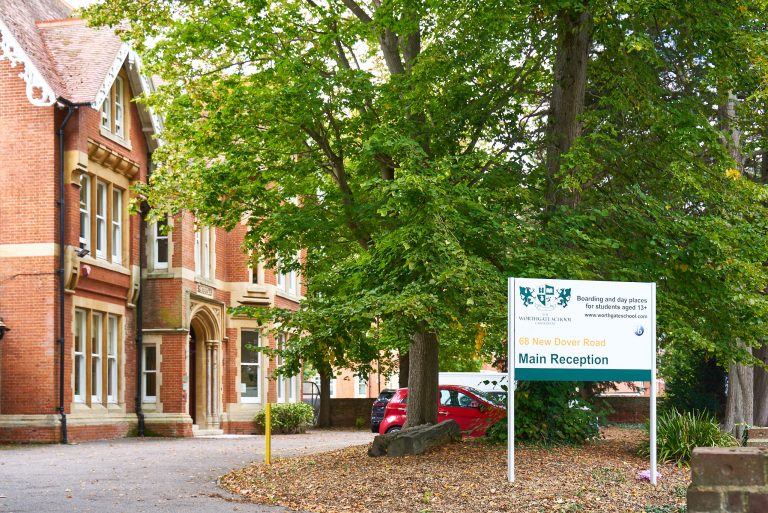Canterbury is home to many change-makers and famous individuals. So, when walking through the city’s ancient streets you may be walking in the footsteps of the iconic individuals who once lived there, like Orlando Bloom and Alan Davies! But in the spirit of National Book Lovers Day, we cannot recommend retracing the footsteps of anyone other than Geoffrey Chaucer. Not only is he a local literary hero, but he is largely credited for inventing written English.
Geoffrey Chaucer was born in the early 1340s. His father was a successful wine merchant, it was a business and wealth the Chaucer family had grown over a few generations. When he was around 15 Chaucer began working as a page for a countess, meaning he would deliver her messages, learn basic combat, clean her clothes and fulfil the role of a servant. The countess was married to the king’s second son, which meant that Chaucer was introduced into the royal court from a young age and he remained a member for the rest of his life.
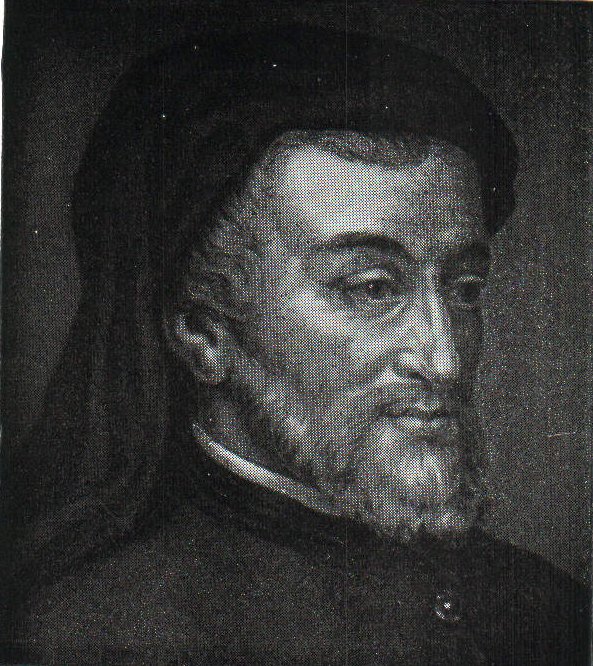
It is difficult and unusual to find detailed records about the life of a person from the 1300s. However, Chaucer worked as a civil servant in the king’s service, meaning his life was well documented. Chaucer held numerous jobs in service of the king, such as a courtier, clerk and diplomat, his writing was always secondary to his role in the court. That being said, there is evidence to suggest it was still something he was celebrated for during his lifetime.
Historically, St George’s Day was a time to celebrate and reward peoples’ artistic endeavours. On the St George’s day of 1373, King Edward III rewarded Chaucer with a gallon of wine a day for the rest of his life. In 1378, under the reign of King Richard II Chaucer began to receive money instead of wine. It isn’t exactly clear what Chaucer did to prompt this reward, although the timing of it implies it was linked to his literary endeavours.
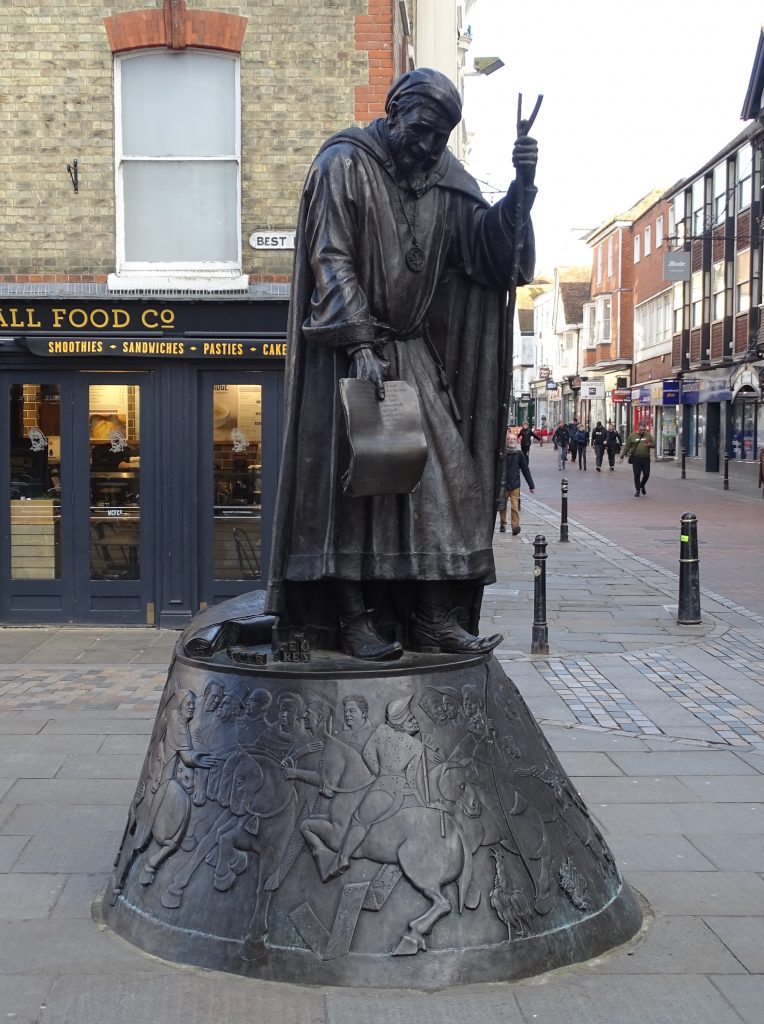
In a time where the middle and upper classes spoke and wrote most often in French and Latin, Chaucer chose to write using what we now call Middle English, the common tongue of his time. Historians aren’t sure why Chaucer chose to write in what was considered a lower-class language, however that choice has meant he is commonly considered the first English Author. It also means that Chaucer and his work are still relevant today, 600 years on from when he was writing!
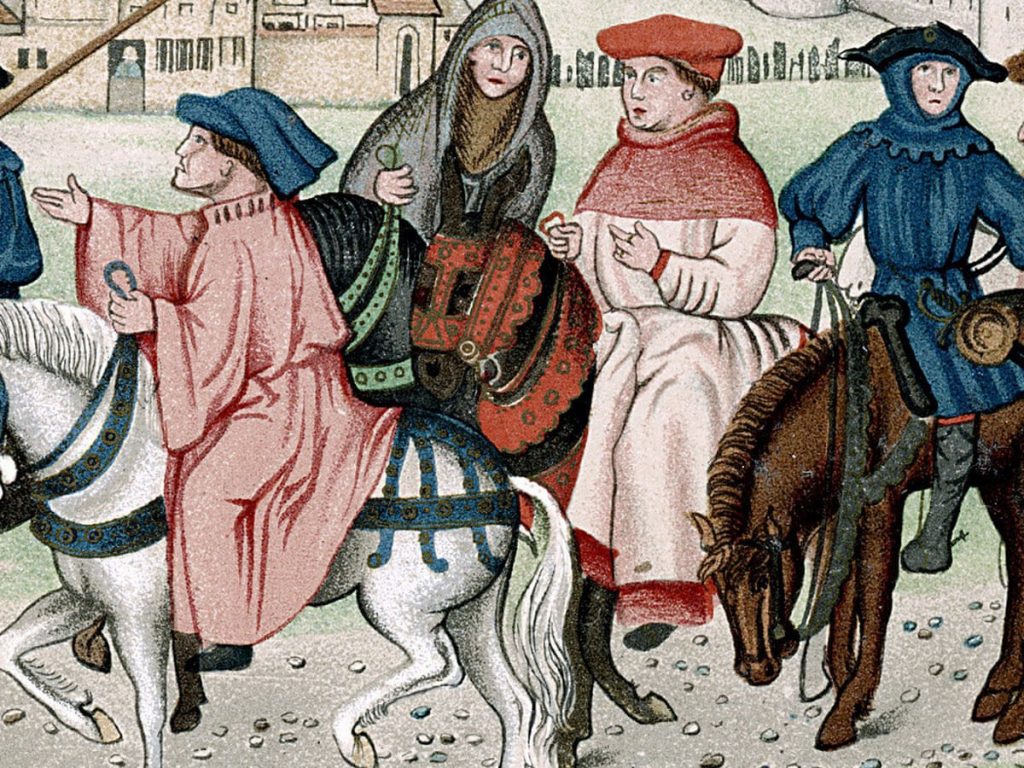
Geoffrey Chaucer’s impact on the English language and the city of Canterbury are clearer today than ever.
Usually starting from The Westgate, which is a 30-minute walk from The Worthgate School, Canterbury Guided Tours offers a Canterbury Tales themed tour of the historic city. On these exciting tours, experienced guides give an immersive insight into what life was like in Medieval England as they take you through Canterbury’s ancient streets.
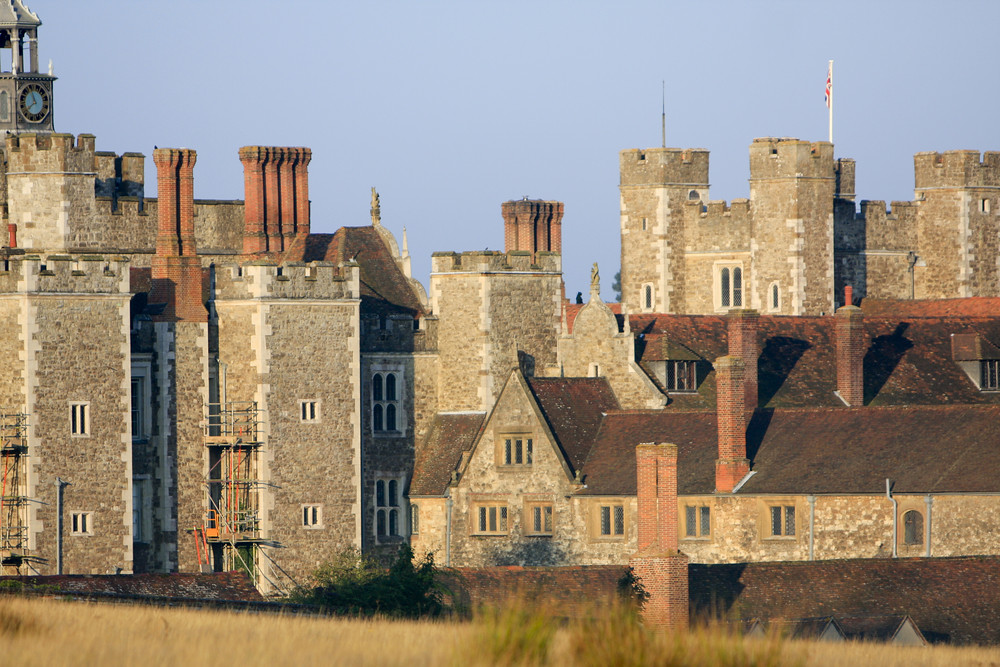
For those interested in a more independent activity Canterbury Cathedral is unmissable. Thousands of people have passed through its doors over the centuries. It has been a hub for Christian pilgrims since the death of Thomas Beckett in 1170. It is the oldest cathedral in England and central to Chaucer’s most famous work.
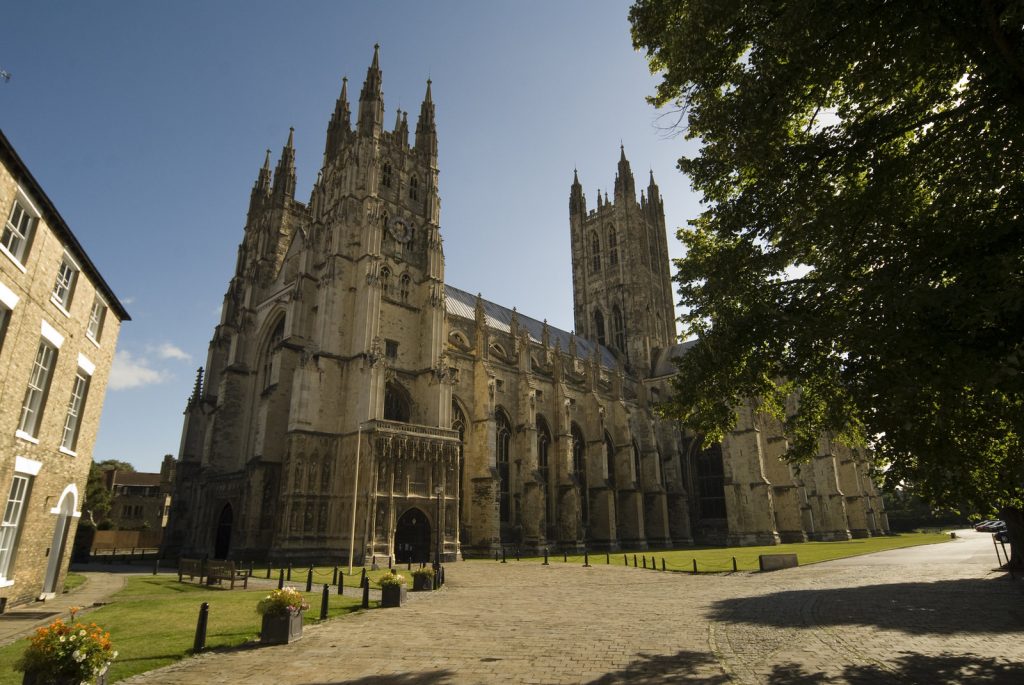
What better way to pay homage to the first English writer than to visit The Chaucer Bookshop? Not only is it a great chance to treat yourself to a new book (or five), but it’s also a wonderful opportunity to contemplate Chaucer’s impact on the English language. Without him we might all still be reading in Latin!

